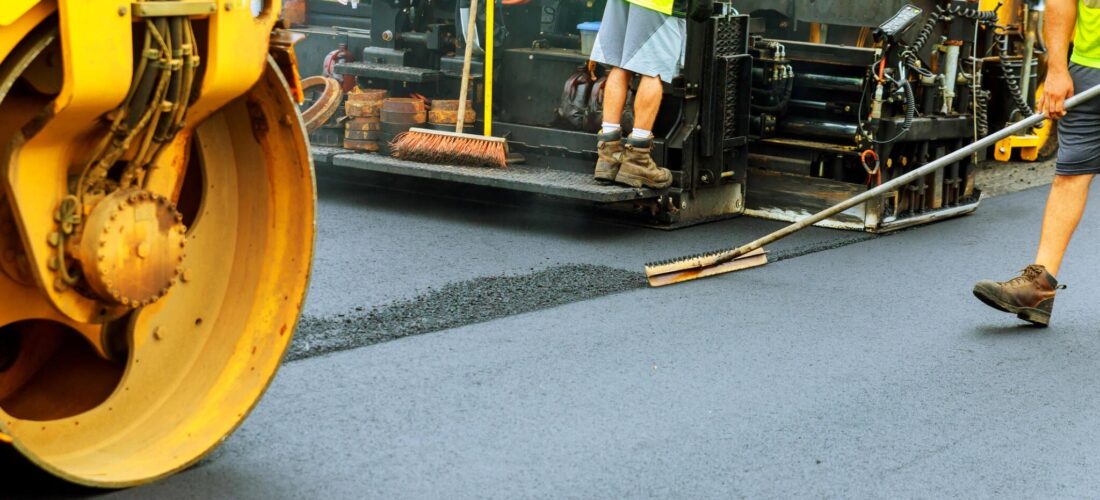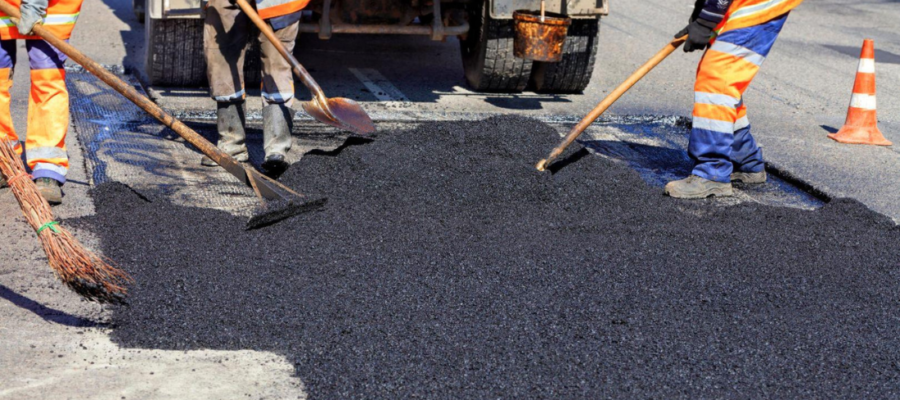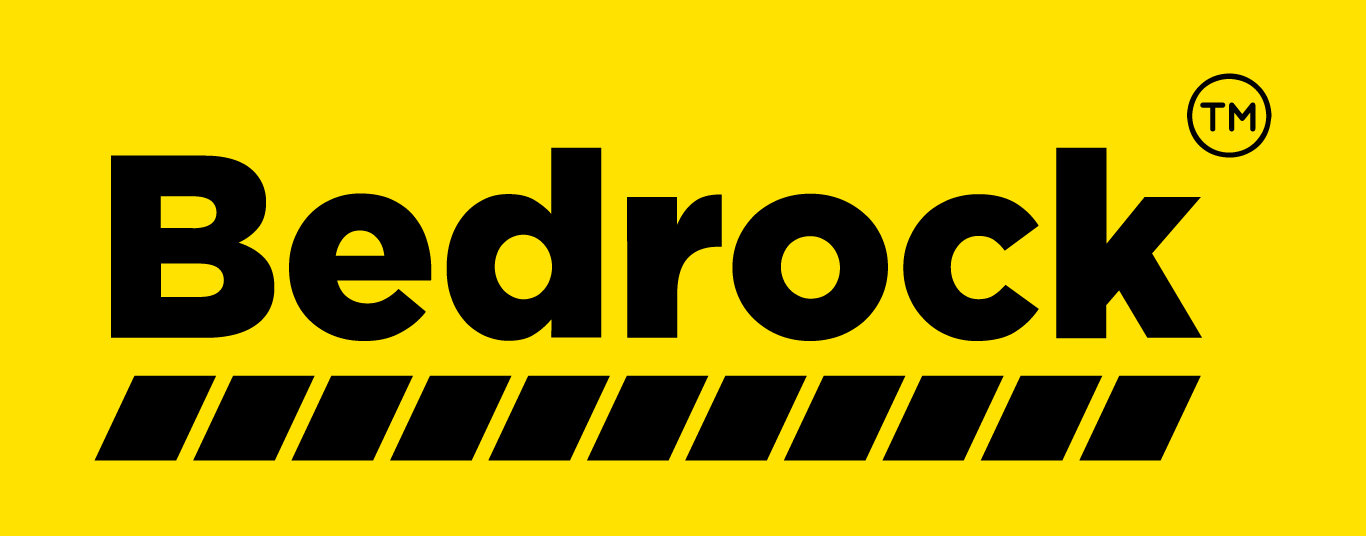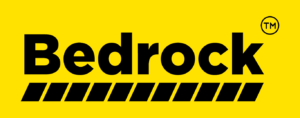
In the bustling metropolis of Mumbai, where the incessant rains of the monsoon season often take a toll on the city’s roads, the battle against potholes is a perennial struggle. However, amidst the challenges of maintaining the vast network of thoroughfares, a revolutionary solution has emerged: microsurfacing technology. This innovative approach to road repair offers efficient and sustainable solutions to combat potholes and enhance Mumbai’s transportation infrastructure for the benefit of all commuters.
Understanding Microsurfacing Technology
Microsurfacing is a cost-effective and environmentally friendly pavement preservation technique that involves the application of a thin layer of polymer-modified asphalt emulsion mixed with finely crushed aggregate. This mixture, often referred to as a slurry seal, is applied to the existing road surface using specialized equipment, resulting in a smooth and durable finish. Unlike traditional methods such as hot mix asphalt, which require extensive preparation and curing time, microsurfacing can be applied quickly and efficiently, minimizing disruption to traffic flow and reducing overall project costs.
Benefits of Microsurfacing
One of the key benefits of microsurfacing technology is its ability to extend the service life of existing road surfaces while providing a cost-effective and sustainable solution for pavement maintenance. By sealing cracks, preventing water infiltration, and restoring surface texture, microsurfacing helps prevent the formation of potholes and other pavement defects, reducing the need for costly and time-consuming repairs in the future. Moreover, the thin layer of microsurfacing can be customized to meet the specific requirements of different road types and traffic volumes, ensuring optimal performance and longevity.
Sustainable Solutions for Mumbai’s Roads
In a densely populated city like Mumbai, where space is limited and environmental concerns are paramount, microsurfacing technology offers a sustainable solution for road repair and maintenance. The use of polymer-modified asphalt emulsions reduces the need for volatile solvents and lowers emissions of harmful pollutants during manufacturing and application, minimizing the environmental impact of pavement preservation activities. Furthermore, the efficient and cost-effective nature of microsurfacing helps maximize the use of limited resources and minimize the disruption to commuters, making it an ideal solution for the dynamic urban environment of Mumbai.
Implementation and Future Outlook
Microsurfacing technology has already been successfully implemented in various road repair projects across Mumbai, providing durable and long-lasting solutions to combat potholes and improve the city’s transportation infrastructure. As Mumbai continues to grow and evolve, the adoption of microsurfacing technology is expected to increase, driven by its proven effectiveness, cost-efficiency, and sustainability. By investing in innovative pavement preservation techniques like microsurfacing, Mumbai can pave the way for a more efficient, sustainable, and resilient transportation network that meets the needs of its residents and visitors alike.
Conclusion
In the quest for sustainable road repair solutions, microsurfacing technology stands out as a beacon of efficiency and innovation. By offering cost-effective, environmentally friendly, and long-lasting solutions to combat potholes and preserve pavement surfaces, microsurfacing is transforming the way Mumbai maintains its transportation infrastructure. As the city continues to grow and face new challenges, investing in microsurfacing technology will be crucial to ensuring the efficiency, sustainability, and resilience of Mumbai’s roads for generations to come.
- February 16, 2024
- By: admin
- Category:Uncategorized
- no comments
- Tags: Micro Surfacing Emulsion dealersMicrosurfacing technology
Related Posts

- April 11, 2024
- By: admin
- in: Uncategorized



